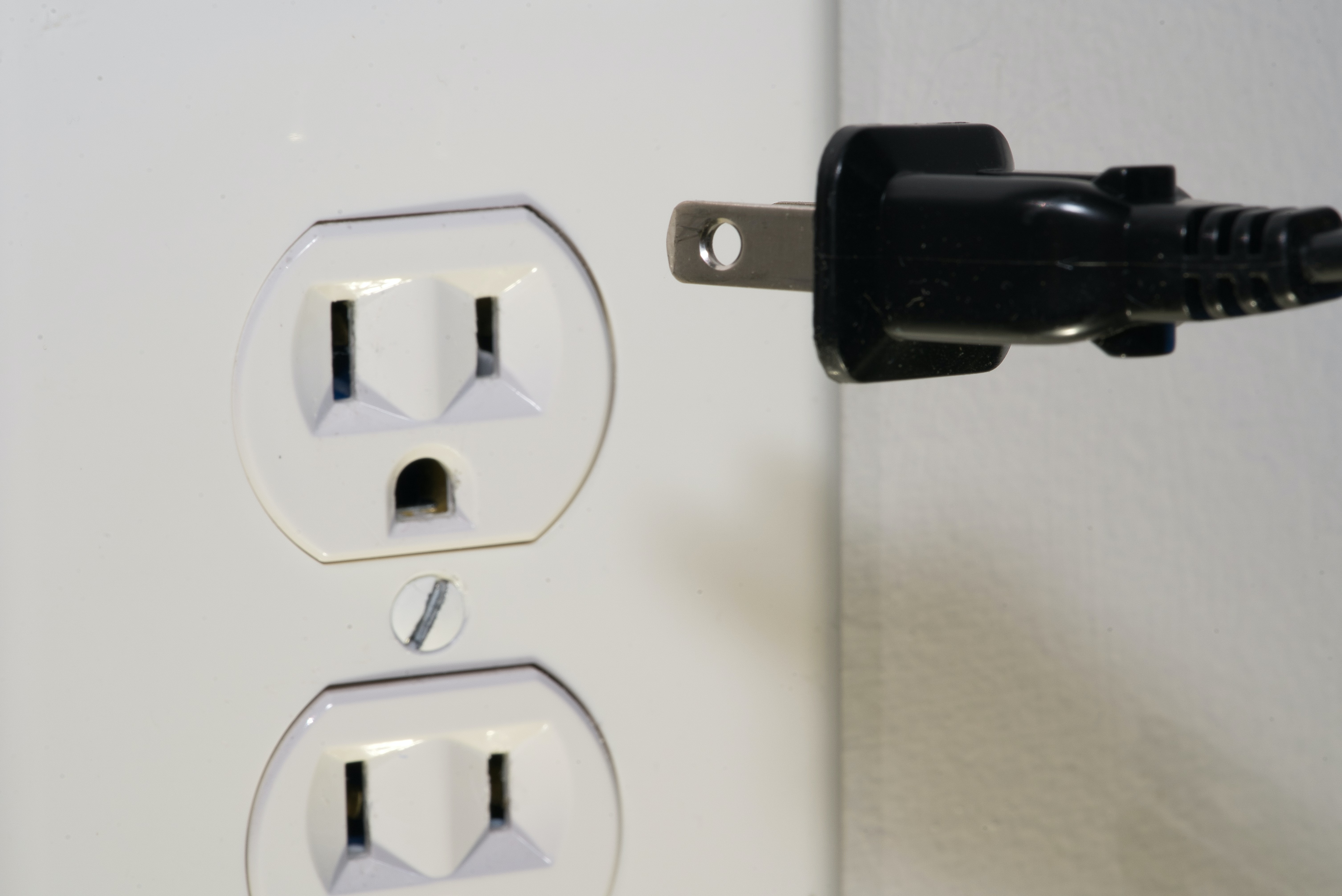A comprehensive home electrical inspection is typically necessary for a range of scenarios – when experiencing an issue, having electrical work done on your house, or attempting to sell are common reasons. Some insurance agents will require electrical inspections if there has not been a thorough assessment in several years. Having a passing inspection ensures work was done correctly, and it can further encourage a potential buyer to close on the sale.

A qualified electrical contractor will perform a full inspection and report to you on their findings. Usually, an inspection takes about an hour; it may be shorter for smaller homes or longer if the contractor finds a problem. The main items an inspector will check for are visible violations (e.g., exposed wires, ungrounded outlets, etc.), proper function of the circuit breaker and outlets, and any situation that poses a shock or fire hazard. Once complete, the inspector will give you a report, which you can then use to verify your home’s electrical safety for insurance or a potential buyer. It will also provide recommendations for upgrades or repairs.
You can check several items before the inspector arrives to increase the likelihood of your home passing the electrical inspection.
- Wire safety. Exposed or faulty wires are a leading cause of house fires. Check any wires you can easily access, and have them replaced if you notice any damage.
- Be aware of where you plug in appliances in the kitchen. We use a lot of large appliances in the kitchen. These draw a lot of power, and having two plugged into the same outlet can be dangerous. Make sure each has its own outlet; if you don’t have enough outlets, it’s a good idea to have another one installed.
- The bathroom is a danger zone. Slips and trips can easily happen if a bathroom isn’t properly lit. The outlets in your bathroom need to have a GFCI, be out of range of splashing water, and it doesn’t hurt to have socket covers on them when not in use to prevent water from getting in. Additionally, since there’s water involved in almost every bathroom activity, the outlets must be protected against water and moisture.
- Lighting needs to work in stairways. Again, a dark or shadowy staircase is a considerable falling hazard. The inspector will check that the light cast on your staircases is sufficient to help prevent tripping. Make sure the lights in your halls and stairways work properly and are bright enough to illuminate the entire length.
- Keep an eye out for general degradation. The inspector will check for signs that the system needs maintenance – for instance, corrosion, water intrusion, cracked insulation, or damage to the electrical panel. If you notice that something isn’t functioning well or doesn’t look right, call an electrician to have it fixed.
While electrical inspections can be stressful, they are imperative to the safety of your house and family. You should pay attention to the items that the inspector points out on the punch list of repairs they include with your report. This is an excellent guide for you as you make improvements to your home to increase its value.
Promise Electric provides professional electrical services with exceptional customer service. Call today to discover why so many Sarasota home and business owners trust us with their electrical projects and installations.


